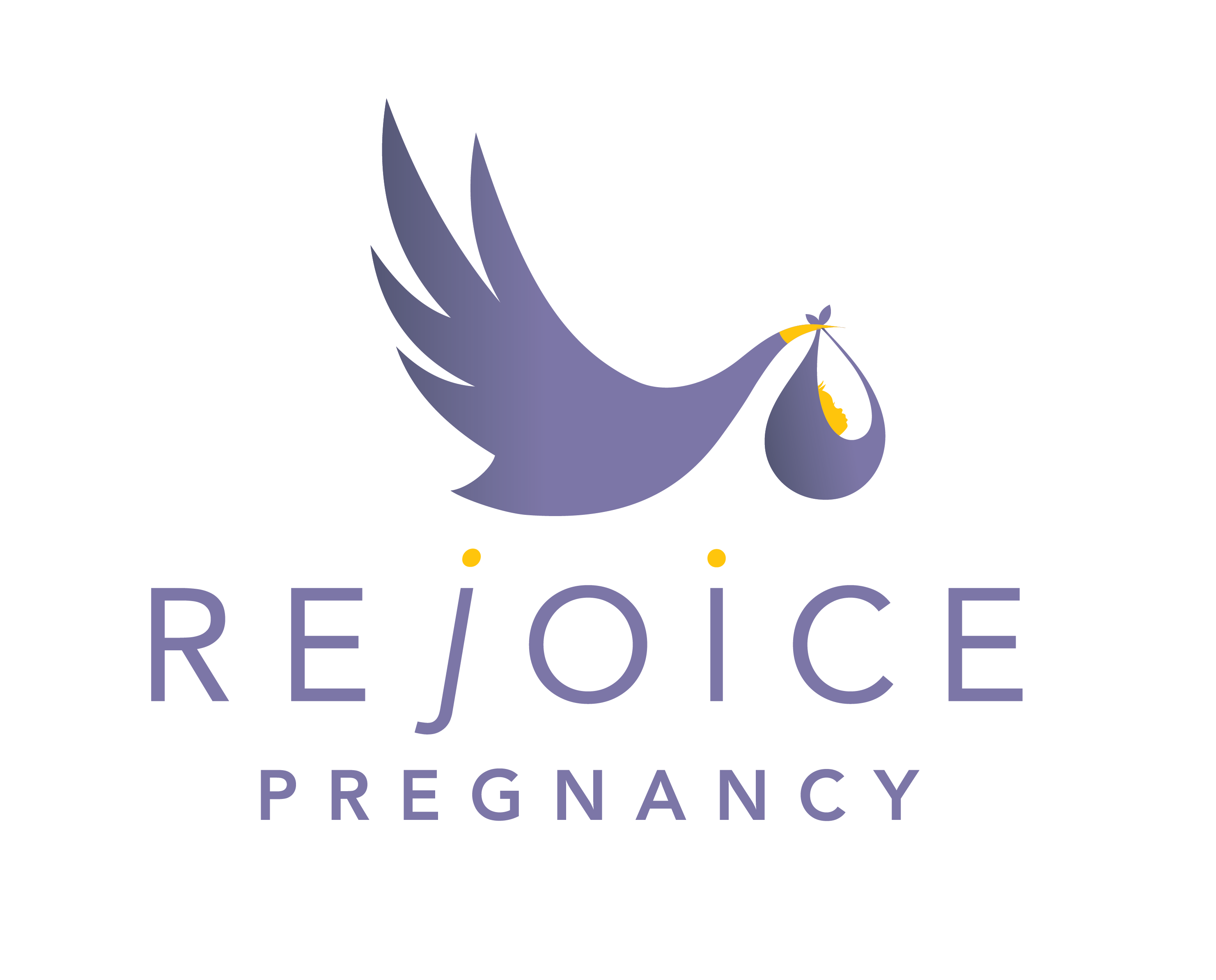Did you know? –
Studies have shown that babies born via Natural birth tend to have higher immune system in later life due to the exposure to maternal bacteria that would occur during the standard birthing process.
Infants born vaginally have a gut microbiome very similar to that of their mother’s vaginal and fecal flora. This occurs through vertical transfer of the vaginal-perianal microbes of the mother as the infant passes through the birth canal.
Research shows that birth by cesarean section can influence your baby’s microbiome and immune health as well as their lifelong risk for obesity, asthma, allergies, and autoimmune diseases.
So, what’s next? Is there anything you can do to BOOST YOUR BABY’S MICROBIOME NATURALLY?
1. Eat lots of fiber-rich foods while pregnant and nursing
This is not just about how to feed your baby when he or she starts solids around four to six months of age. By upping your fiber intake while pregnant and nursing, you can pass these healthy, fiber-loving gut bugs to your baby during delivery and through your breast milk.
2. Before delivery, take steps to lower your risk of a C-section
Obviously, birth is unpredictable, and not all C-sections are avoidable. The best way to lower your chances of an unnecessary C-sections may be to pick your hospital carefully.
Let’s start by admitting that C-sections can be life-saving. As much as we are incredibly thankful that C-sections are both safe and widely available. We all know, not all C-sections performed today are necessary.
The C-section rate has climbed from under 20% in the 1970s to 32% today. While pinpointing the right rate is difficult, 32% is too high. Most experts believe the percentage of deliveries that need a C-section is closer to 15-20%.
C-sections entail not just longer recovery times and higher chances of complications, especially with repeat C-sections, but may disrupt your baby’s gut microbiome for months, if not years.
Vaginally-delivered babies arrive in a bacterially-laden splash, coated head to foot in their mother’s bacteria, whereas babies delivered via C-section enter the world under sterile surgical conditions through their mother’s lower abdomen.
3. Avoid giving your little one unnecessary antibiotics
Let’s be clear…antibiotics are lifesaving. When you need them, you really need them.
However, antibiotics are also over-prescribed. They are often given for mild illnesses that would resolve on their own and for viral illnesses, like the common cold and most ear infections, against which they are completely ineffective.
Over-prescription is a concern not just because of the rising tide of multidrug resistant strains of bacteria but also because antibiotics, like all drugs, have a downside: They can hit our gut bacteria hard. They can drop overall species diversity, devastate commensal gut bacteria that benefit our health, and open the door for infections caused by bacteria like C. difficile.
In short, although avoiding antibiotics altogether is impossible, it is wise to try to reduce your exposure. Before taking antibiotics, double check with your doctor whether they are truly necessary. Ask if it is safe to wait and see if your baby’s infection will clear on its own. In your home, pass on antibacterial soaps or cleaning products–these are unnecessary and kill off the good bacteria with the bad. Plain old soap and water is the way to go.
4. Feed the Bugs a.k.a Gut Bacteria!
Mom’s body ferries microbes from her gut to her breast milk to pass to her baby.
Human breast milk contains a diverse collection of complex carbohydrates known as human milk oligosaccharides (HMOs).
HMOs pass directly through baby’s stomachs to their colons. HMO’s do not exist in breast milk to feed our babies. HMO’s are a prebiotic and they exist only to feed our babies’ gut bacteria.
Breastfeeding feeds gut bacteria and the benefits of breastfeeding may rely on the “bugs” consuming the breastmilk. In other words, we need to both feed the bugs and make sure the bugs are there to be fed for optimal baby gut health.
Rejoice Pregnancy’s Birth Preparation & Breastfeeding Support Programme will ensure your baby has sufficient colostrum and quality milk supply upon his/her arrival!
Contact Us to find out more! ? 97778010 (whatsapp)
Right preparation starts with Rejoice Pregnancy. Let us Rejoice with you!
DISCLAIMER –
We understand that birth is unpredictable, and not all C-sections are avoidable.
We would like to share that this post is not in any way meant discriminatory towards c section deliveries rather a mean to educate mother’s about the immune-related health of her baby’s gut health and how to improve them.
Quote article content – “Obviously, birth is unpredictable, and not all C-sections are avoidable. The best way to lower your chances of unnecessary C-sections may be to pick your hospital carefully. Let’s start by admitting that C-sections can be life-saving. As much as we are incredibly thankful that C-sections are both safe and widely available. We all know, not all C-sections performed today are necessary.”

